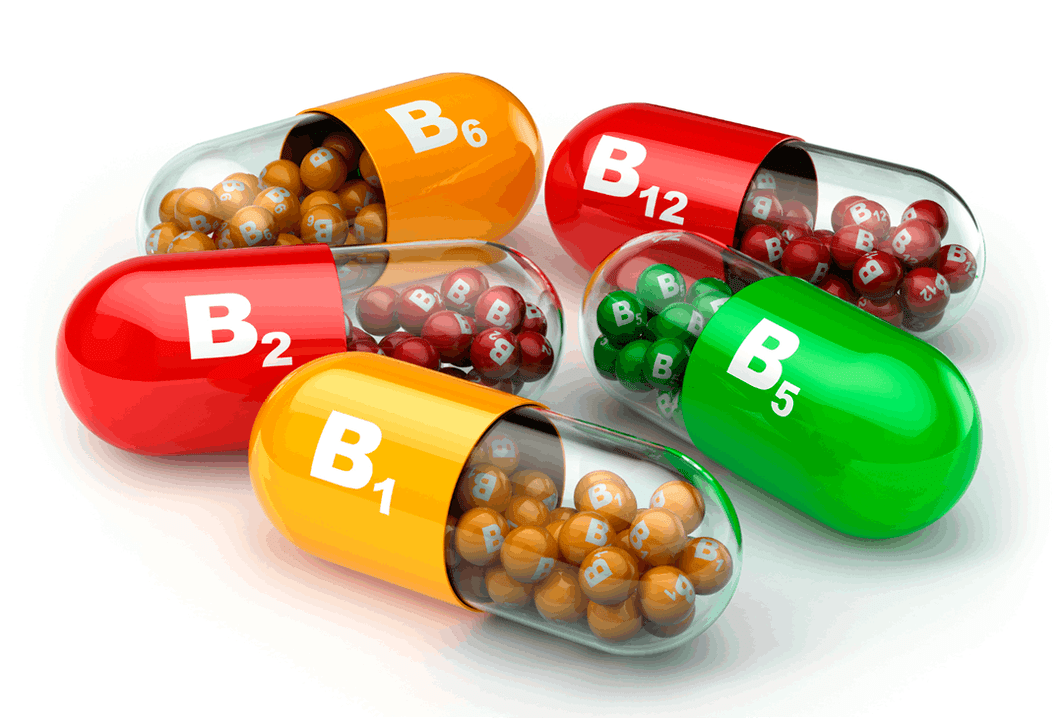causes of sexual problems

- Ecological conditions (water, atmospheric conditions).
- Bad habits (smoking, drinking alcohol, including beer).
- Neurological, cardiovascular, and endocrine diseases can reduce testosterone production and prevent the penis from filling with blood during an erection.
- Bad genetics.
- Malnutrition (eating greasy, spicy, salty foods, processed foods, carbonated drinks, etc. ).
- Taking certain medications (sedatives, sleeping pills, diuretics, antidepressants).
- A sedentary and passive lifestyle can lead to stagnant blood flow to the pelvic organs and excess weight.
- Psychological problems (stress, neurosis, fear, depression, sleep deprivation, chronic fatigue).
The whole set begins to appear most clearly after the age of 40-45.
What elements are most valuable to men?
- Enhance systemic and local immunity;
- normalization of hormonal levels;
- relieve stress;
- Prevent vascular problems and tumor development;
- Improves mood and energy.
- fresh herbs (scallions, parsley);
- citrus fruits (lemon, orange, grapefruit);
- fresh vegetables (green peppers, cabbage, carrots);
- Berries (rose hips, black currants, strawberries).
Tocopherols are found in large amounts in meat and liver, seafood, olives, various seeds and nuts, dairy products, semolina, vegetable oils and soybeans.
- D2 (cholecalciferol) comes from food and is also synthesized in the skin under the influence of sunlight (UV);
- D3 (ergocalciferol) is only obtained through food.

- dairy and fermented dairy products;
- liver;
- egg;
- vegetables (cabbage, potatoes, tomatoes, carrots);
- legumes and grains;
- Fruit (citrus, strawberries, cherries);
- Nuts (hazelnuts, walnuts).
Mineral and Vitamin Complex Review
- zinc. A lack of it in the body can impair libido and lead to sexual performance problems. To prevent this condition, at least 15 mg of zinc should be taken daily; during treatment, the dose needs to be increased to 20 mg.
- selenium. It prevents cancer and protects against toxins, and is involved in metabolism at the cellular level. The average human body contains about 10 mg of this substance, which is mainly found in the spermatic cord, testicles, kidneys, heart, spleen and liver. A person needs no more than 100 micrograms of selenium per day.























